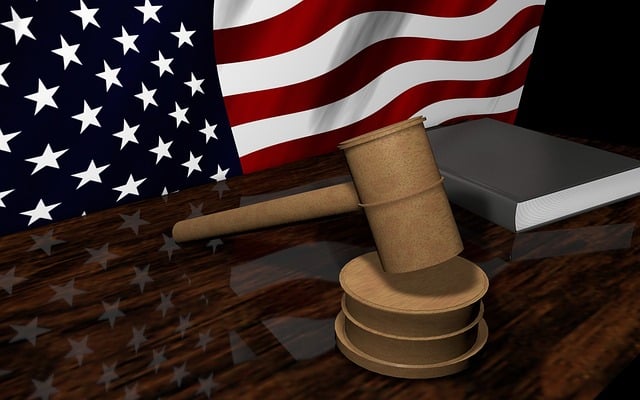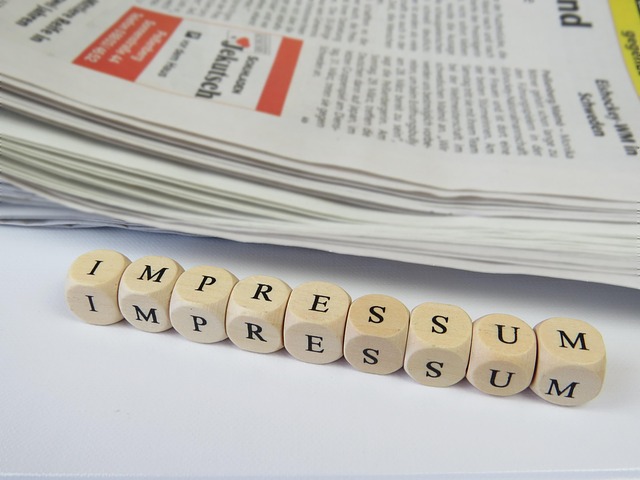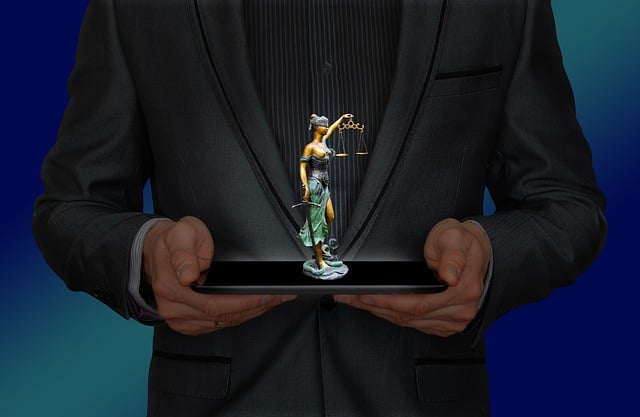Environmental Crime Trials pose unique challenges for lawyers balancing defendant rights protection and environmental justice. Meticulous preparation, strategic advocacy, and understanding both environmental science and legal frameworks are crucial to crafting robust defenses while ensuring fair trials, upholding integrity, and maintaining public confidence. Protecting defendant rights during trial is paramount, especially in corporate cases, through bias safeguards, due process, and respect for legal representation, privacy, and evidentiary rights.
Environmental Crime Trials scrutinize cases of ecological damage caused by illegal activities, holding perpetrators accountable. This article delves into the legal landscape of these trials from a unique perspective, focusing on the delicate balance between administering justice and safeguarding defendant rights. We explore strategies for ensuring fair trials while holding individuals and corporations accountable for their environmental crimes, emphasizing the importance of protecting accused persons’ due process and legal representation throughout the judicial process.
- Understanding Environmental Crime Trials: A Legal Perspective
- Balancing Justice and Defendant Rights in Court
- Ensuring Fair Trials: Protecting Accused Individuals' Rights
Understanding Environmental Crime Trials: A Legal Perspective

Environmental Crime Trials present unique legal challenges, especially when balancing the need for environmental justice with protecting defendant rights during trial. As these cases often involve complex scientific evidence and far-reaching regulatory issues, the courtroom becomes a crucible where intricate details of ecological damage must be unveiled. The legal process must navigate through a labyrinthine web of federal and state laws, each designed to safeguard our natural resources from exploitation.
From a defense perspective, ensuring that corporate and individual clients’ respective business interests are protected is paramount. In the realm of white-collar and economic crimes, environmental cases often attract significant public scrutiny, making it crucial for lawyers to not only defend their clients but also preserve the integrity of the trial itself. This delicate balance requires meticulous preparation, strategic advocacy, and a deep understanding of both the science behind environmental degradation and the legal frameworks governing these crimes.
Balancing Justice and Defendant Rights in Court

In Environmental Crime Trials, balancing justice with protecting defendant rights during trial is a delicate act. While it’s crucial to hold perpetrators accountable for their environmental crimes, the legal process must also ensure fairness and due process. Defendants are entitled to a robust general criminal defense, challenging evidence, and the opportunity to present their side of the story. Achieving extraordinary results often lies in meticulous preparation, where lawyers construct winning challenging defense verdicts by thoroughly examining evidence, questioning witnesses, and leveraging legal loopholes or procedural errors.
The court’s role is to facilitate this balance, ensuring that both sides have equal opportunities to present their cases. This includes safeguarding against arbitrary decisions and upholding the rights of defendants to a fair trial. Protecting defendant rights during trial not only strengthens the integrity of the justice system but also fosters a sense of confidence among individuals facing environmental accusations, knowing that their case will be adjudicated based on merit rather than bias or procedural irregularity.
Ensuring Fair Trials: Protecting Accused Individuals' Rights

Ensuring fair trials is paramount when dealing with environmental crime cases, as it’s crucial to protect the rights of all accused individuals. In high-stakes cases where businesses or corporations are involved, maintaining integrity throughout the investigative and enforcement process is essential. This includes safeguarding against any potential biases that might influence the outcome, ensuring due process is followed at every step.
The rights of defendants must be respected during all stages of the trial. This involves providing them with legal representation, protecting their privacy, and preventing evidence from being obtained or presented in a manner that violates their rights. In these sensitive cases, it’s vital to have robust safeguards in place to ensure the accused receive a fair hearing, regardless of the complexity or public scrutiny surrounding the respective business operations.
Environmental crime trials require a delicate balance between administering justice and upholding the rights of accused individuals. By understanding the legal framework and implementing measures to ensure fair trials, we can protect defendant rights during trial while holding perpetrators accountable for their environmental crimes. This approach fosters a just and effective legal system, promoting environmental conservation and justice.






